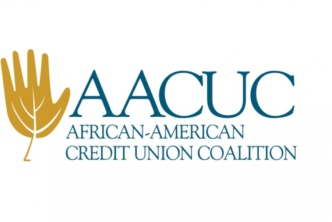The National Taxpayers Union is urging the Senate Finance Committee to evaluate the tax-exempt status for large credit unions. Credit Union National Association followed up with this letter to clarify several falsehoods in their correspondence, specifically about credit unions mission and the statutory rationale for the credit union tax status. CUNA President/CEO Jim Nussle makes it clear that any changes to tax status would harm consumers and cause a direct tax increase for 110 million Americans.
“Changing the credit union tax status would likely result in many credit unions converting to bank charters – essentially eliminating cooperative, member-owned institutions from the marketplace and eliminating nearly $11 billion in direct financial benefits that currently accrue to credit union members,” Nussle wrote. “Fewer credit unions also would result in fewer societal benefits including a reduction in billions of indirect financial benefits that accrue to bank customers and innumerable benefits to the economy arising from the fact that (unlike banks) credit unions serve as a counter-cyclical force during economic downturns.”
The letter reiterates the fact that credit unions are 100% member-owned with fields of membership which distinguishes them from every other class of financial institution. Nussle highlights that credit union structure and mission has not changed since Congress granted the tax exempt status.
“Taxing credit unions would do very little in terms of addressing U.S. government budget issues. If credit unions were taxed in 2017, the receipts (according to Office of Management and Budget estimates at that time) would have accounted for only 0.07% of federal spending, which would have funded federal government operations for only seven hours,” Nussle wrote.
According to a recent CUNA analysis, credit unions and employees directly paid an estimated $4.2 billion in federal taxes and $2.4 billion state taxes in 2016 alone.




